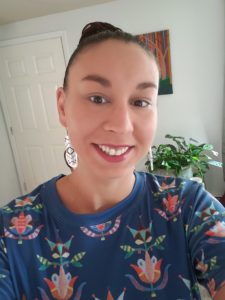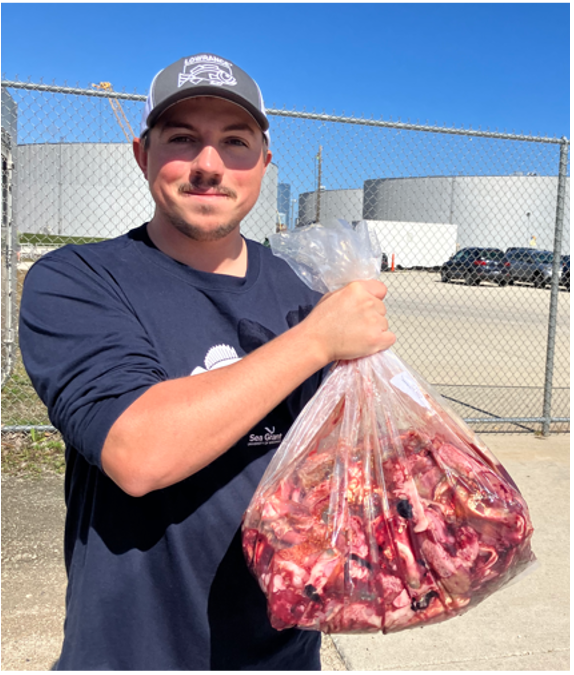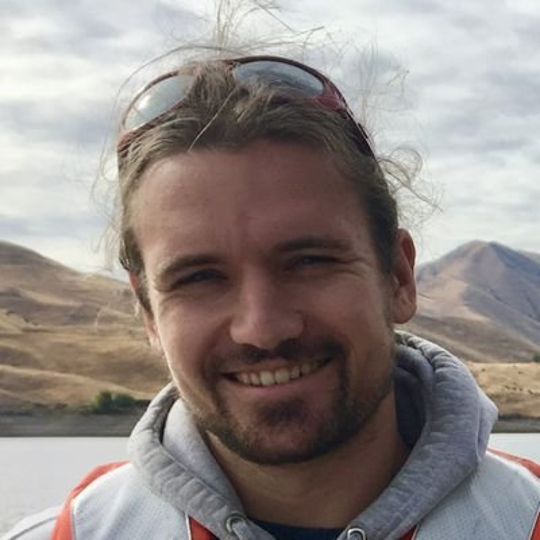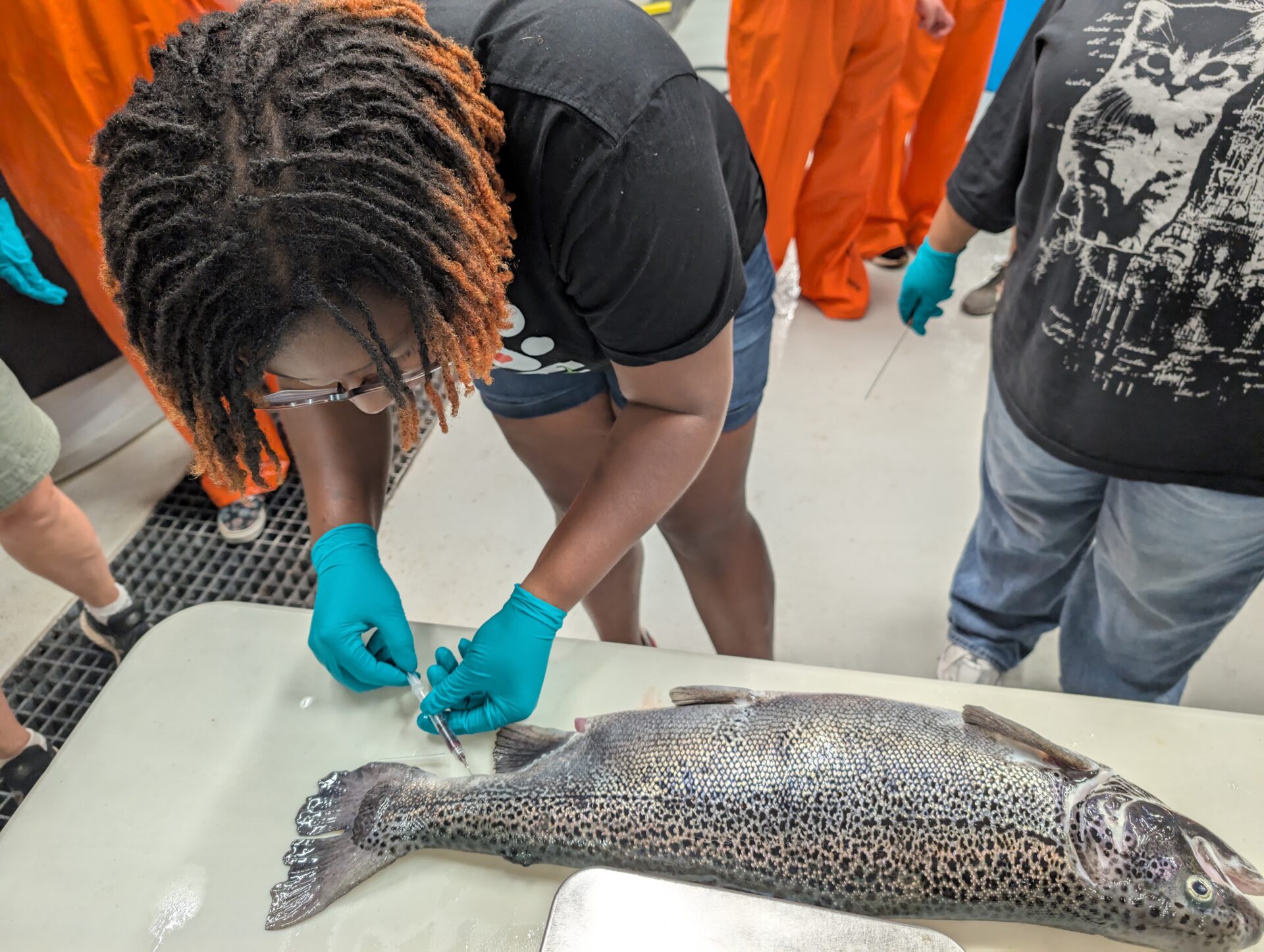Stephanie King of Oneida, Wisconsin, is breaking new ground. Not only is she first to fill a position with Wisconsin Sea Grant designed to strengthen relationships with First Nation tribes in the Green Bay area, she is in the first cohort of the University of Wisconsin-Green Bay’s First Nations Education Doctoral Program.

Stephanie King. Image by Stephanie King.
Although her position, which also involves the UW-Green Bay’s Cofrin Center for Biodiversity, is just beginning, King said her role will be to incorporate Indigenous knowledge and traditional ecological knowledge as part of a team that’s restoring wetlands north of the Green Bay campus on Wequiock Creek.
“That area is ancestral lands for the Ho-Chunk Nation, Menominee Nation and I believe the Potawatomi, as well,” King said.
The assistantship opened at just at the right time. King, who is enrolled in the Oneida Nation but was raised on the Menominee Reservation, was laid off from her cultural wellness work for the Oneida Nation due to COVID-19 factors.
“I was excited when I saw the position. When I was reading through the announcement, the requirements brought my higher educational experience and passions full circle. I thought it would be a unique opportunity to share my experiences and knowledge with others and the team. I decided to throw my name in the hat and see what happened,” King said.
One of the reasons King’s name was plucked from that proverbial hat was her academic background. King has an associate degree in sustainable development from the College of Menominee Nation, a bachelor’s degree in family, consumer and community education from UW-Madison and a master’s degree in educational leadership with a focus on adult education from UW-Oshkosh.
Julia Noordyk, Wisconsin Sea Grant water quality and coastal communities outreach specialist, is King’s mentor. “Stephanie’s knowledge and experience working with people of all ages and backgrounds is a good fit for Wisconsin Sea Grant,” Noordyk said. “I am always focused on how we can most successfully engage with our audiences, so her expertise in education and outreach lends perfectly to this.”
King had the chance to visit the Wequiock Creek sites and “got an idea of some of the potential goals that all the different people involved have. There are still conversations to be had about what the First Nations communities would like to see as well, so that will come next,” King said.
King also said this position fits well with her life goals. “My foundation for my education, my work and my research has been with a passion to give back to my community and to my people. In any opportunity I take, I always look at how is this going to benefit others and benefit the community as well as my family in a good way, in a positive way.”
While on paper Noordyk is King’s supervisor and mentor, Noordyk acknowledges there is already more to their relationship. “Stephanie comes to this assistantship with a deep understanding of education, outreach and communication with First Nations people. It would be foolish of me not to learn as much as possible from her, too.”





